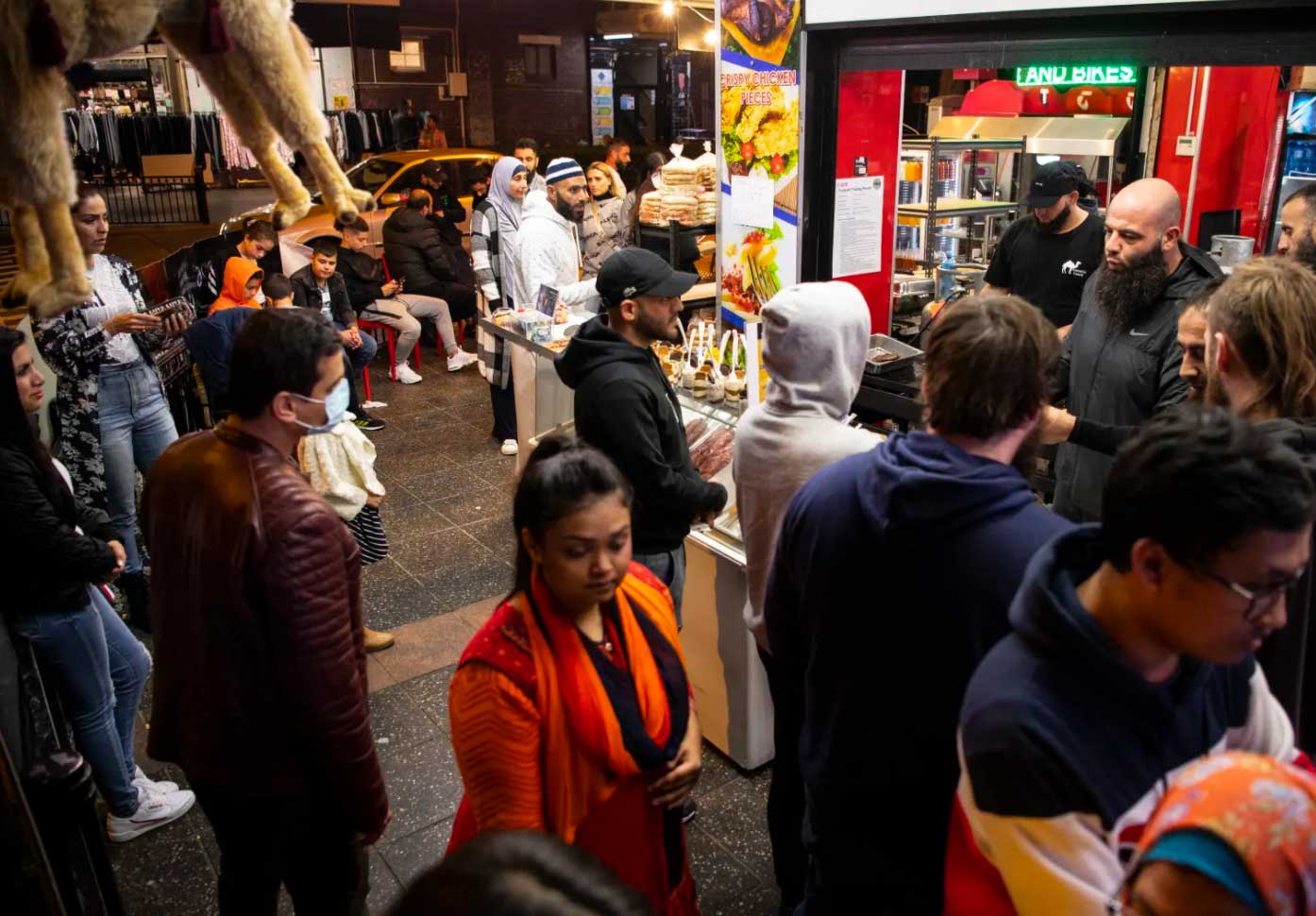Ramadan a chance to dispel vaccinations myths across Islamic world
ArticlesMore than one billion Muslims welcomed the start of Ramadan this year. But this is no ordinary Ramadan. Though this is the second time Muslims have celebrated under COVID-19 restrictions, it is the first time Ramadan has occurred during massive vaccine rollouts.
However, as global health organisations have warned, major obstacles could derail a successful global vaccine rollout. And one of the biggest of those obstacles is COVID disinformation.
Muslims, like other groups, have fallen victim to mass disinformation campaigns about why Muslims should not take the COVID vaccine. Whether on Facebook, Twitter, or WhatsApp, potentially harmful messages have spread like wildfire across the world.
In Britain and South Africa, studies showed that minorities, especially Muslims, had among the highest COVID-19 mortality rates. And this has partly been attributed to online disinformation campaigns that exploit Muslim cultural or religious sensitivities.
One message told Muslims they were “immune” to the virus. Others urged cures that included herbal remedies, onions, steam or vitamins. Muslims were also attacked on social media, particularly in India, and blamed for the spread of COVID-19.
Now that vaccines are available, they have become a misinformation target too. There are popular rumours on social media that vaccines contain pork derivatives – a claim vaccine manufacturers like AstraZeneca, Pfizer and Moderna have proven is untrue. But not before some Muslim leaders, in countries as far apart as Indonesia and Australia, declared that the AstraZeneca vaccine was “haraam”.
Other claims assert that taking any vaccine breaks the fast — a central component of Ramadan.
Confusing positions like these, based almost entirely on flawed information, delay urgent global progress against COVID-19. They have deadly consequences, particularly when experts have warned that virus cases could escalate significantly this next month due to easing lockdowns and new variants. Cases have already risen globally by 25 per cent in the past 14 days, with upward trends in most of the Middle East and South Asia.
Clearly, much is at stake. The mixed messaging on vaccines affects all faiths – not just Muslims. But Muslims can draw on their faith to set an example. Islam, unique among world religions, contains explicit guidance on pandemics, as demonstrated by a hadith (saying) of the Prophet Muhammad who said: “When you hear that [a plague] is in a land, do not go to it and if it occurs in a land that you are already in, then do not leave it, fleeing from it.”
As for misinformation, the Koran states if one receives information from an unreliable source, one must investigate, “lest you harm a people out of ignorance and become regretful over what you have done” [Koran 49:6].
Islam also places a high standard for the protection of life and collective responsibility, as does the month of Ramadan itself. Given that vaccines prevent transmission of a virus that could kill, we’re reminded that “if any one saved a life, it would be as if he saved the life of the whole people” [Koran 5:32].
But that message also presents a tremendous opportunity this Ramadan. An opportunity to use the unique, auspicious month to deliver one of the biggest anti-disinformation efforts in the world.
After all, Ramadan is a month in which Islamic leaders have the attention of hundreds of millions of Muslims across the globe. And with more people turning to faith during the pandemic and unprecedented numbers now accessing religious guidance online through new technology platforms like ImamConnect, Islamic religious leaders have a stronger platform than ever to dispel misconceptions about vaccines.
Most Muslim leaders have issued rulings encouraging Muslims to take the vaccine as a duty to protect themselves and others. The Muslim World League issued a statement saying, “The COVID-19 vaccine does not invalidate the fast of a fasting person because it is not considered food and drink. The vaccine is administered intramuscularly, so it does not invalidate the fast”.
These views have also been communicated by leading imams and Muslim medical professionals such as Muslim Health Professionals Australia.
By leveraging Ramadan’s values of welfare and service to the wider community within the context of tackling COVID disinformation, the results, across the Islamic world and the globe, could be immeasurable.
The values of our faith call for such an effort. And the welfare of our global community – of all religions, races and nationalities – requires it.
Dr Al-Issa is Secretary-General of the Muslim World League.
This article was originally published in [The Sydney Morning Herald]


